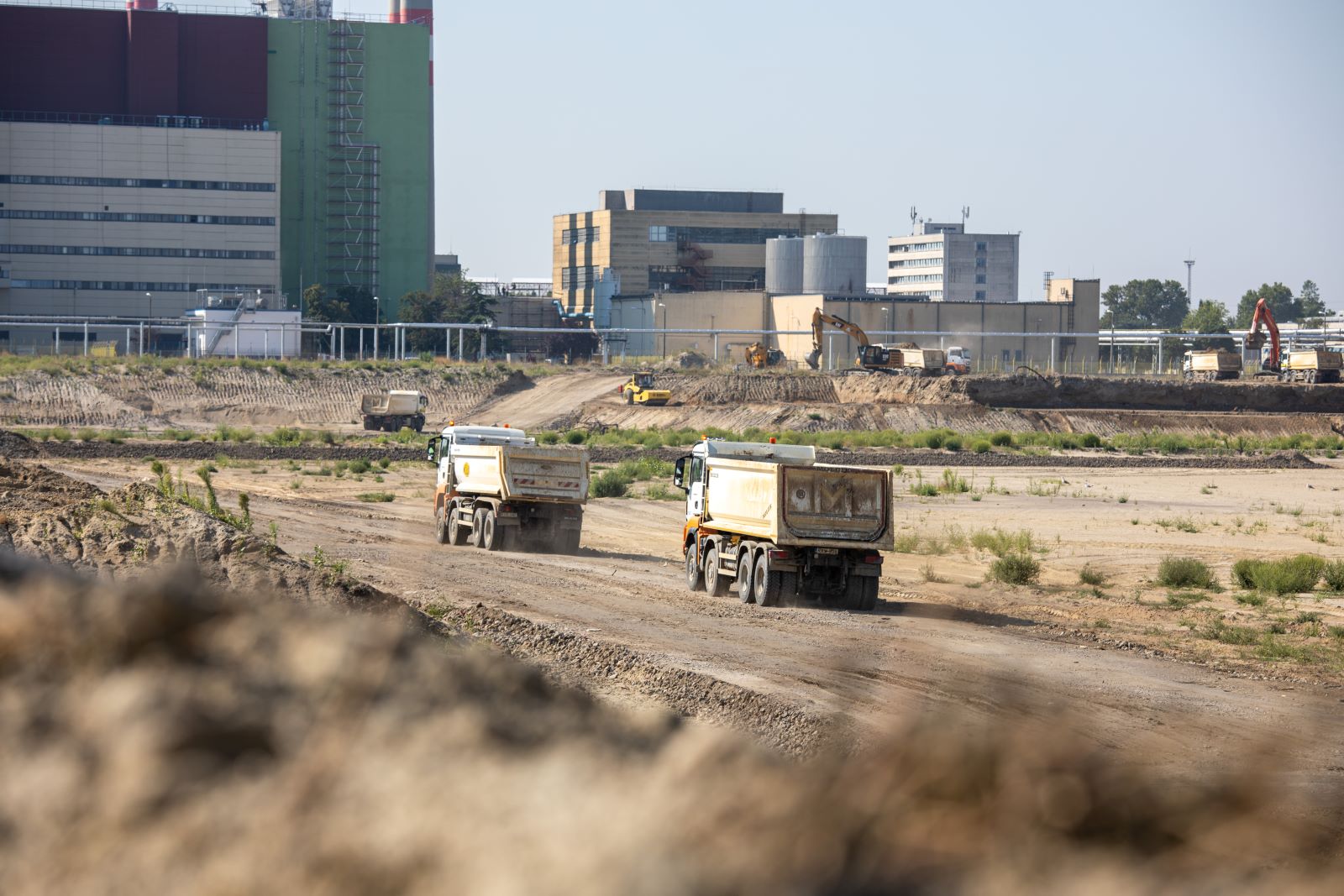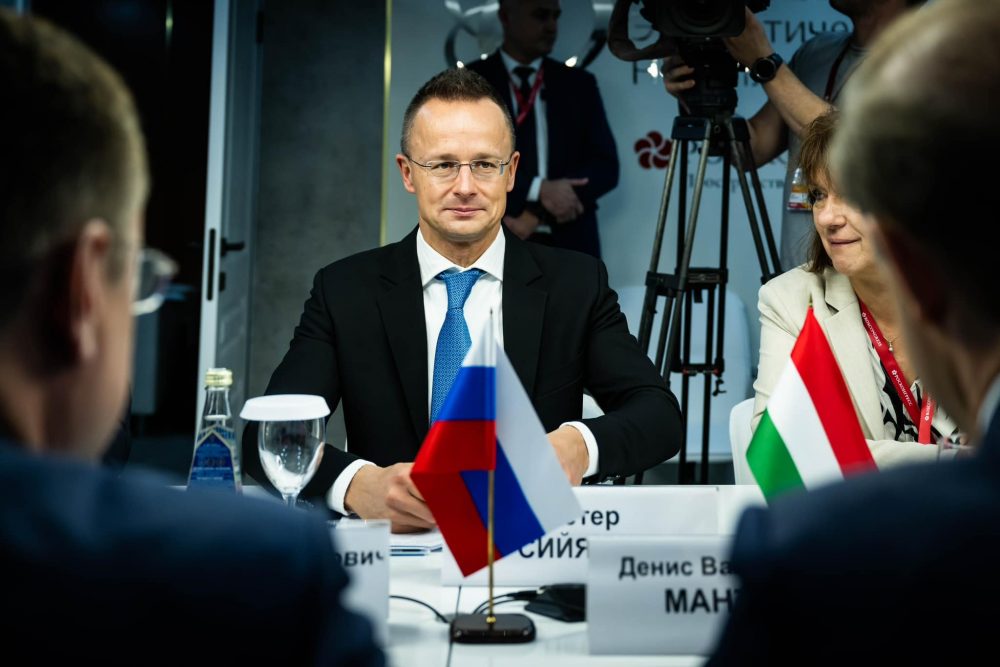
On Friday, the CEO of Rosatom, Alexey Likhachev and State Secretary Levente Magyar visited the construction site.Continue reading

Hopefully, the cooperation between the European Union and Russia based on mutual respect, once the basis of the economic growth model for a long time, will one day return, Minister of Foreign Affairs and Trade Péter Szijjártó said in Moscow.
Speaking at a panel discussion at the Russian Energy Week conference, the foreign minister noted that in the past, European economic growth was based on a combination of highly advanced Western technologies and easily available, relatively cheap energy sources from the East, a model that has now unfortunately broken down. “We hope that one day we can return to cooperation between Russia and the European Union based on mutual respect,” he added.
In response to questions, the minister stressed that if a state is looking for a safe, cheap, balanced, and sustainable way of energy production, nuclear energy is the answer. He cited the example of the Paks nuclear power plant expansion, including the fact that the 2,400 megawatt increase in nuclear capacity will replace around 17 million tons of carbon dioxide emissions per year. He said that Hungary considers any attack on nuclear energy unacceptable, and that such attacks in Europe are always ideological and lacking in facts.
He noted that
in addition to Russia’s Rosatom, American, German, and French companies are also involved in the Paks project.
“This shows that at least in the nuclear field there is still some rationality and some room for international cooperation based on reason and respect,” he said. “Hungary will never agree to any kind of sanctions in the nuclear field,” the Minister added.
Regarding the automotive revolution, Péter Szijjártó recalled that the EU has decided that only electric cars can be sold in the Union from 2035, and therefore
the big car manufacturers have invested a lot in developing new competitive models, but have forgotten about electric batteries and have become completely dependent on Eastern suppliers in this field.
He stressed that today, among the world’s ten largest battery manufacturers, six are Chinese, three are South Korean, and one is Japanese. This means that a key European industry has become completely vulnerable. He also pointed out that, accordingly, the price of electric cars is not low and the network of charging stations is not yet sufficiently developed.
Via MTI, Featured image: Facebook/Szijjártó Péter